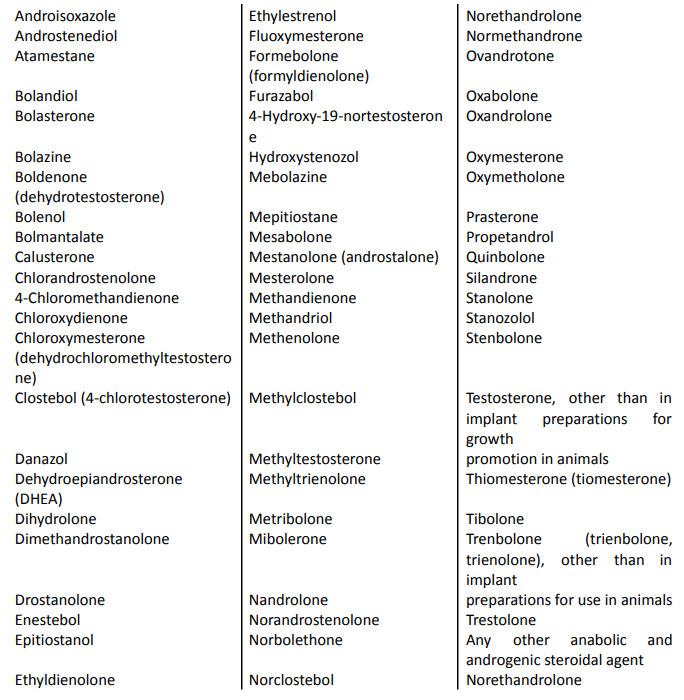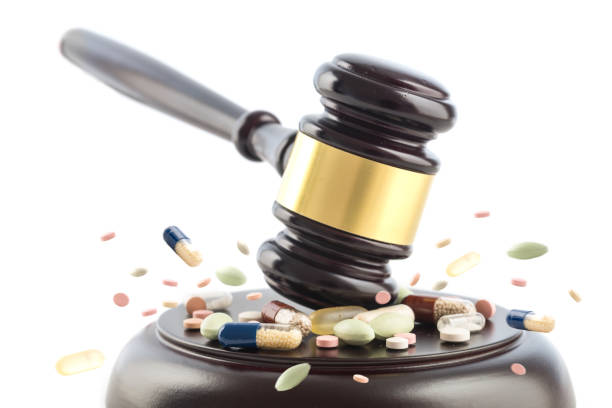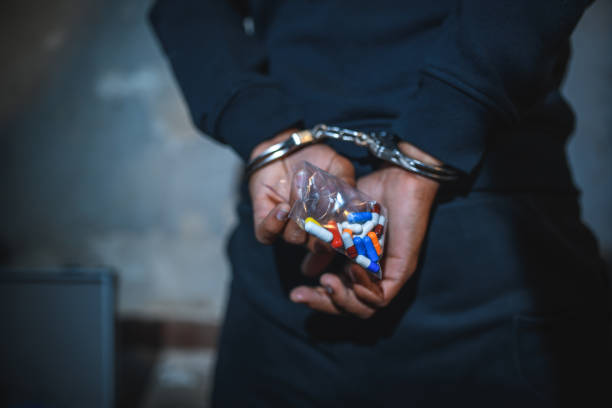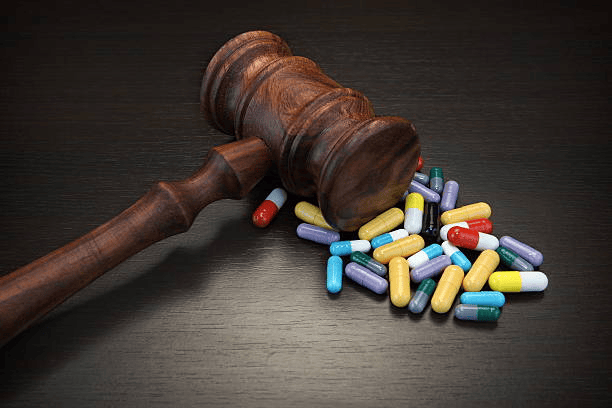Queensland drug laws aim to eradicate and regulate the drug problem in Australia. What are these laws and what should you know about them? Is there a minor drug offence and major drug offences?
Queensland Drug Laws: Drug Misuse Act 1986
The Drug Misuse Act 1986 is also formally known as an Act to:
- consolidate and amend the law relating to the misuse of drugs and
- make further provision for the prevention of the misuse of drugs and for other purposes.
This Act has five primary purposes:
- Control and regulation of dangerous drugs.
- Establishment of major and minor drug offences
- Enforcement and penalties for the usage of illegal drugs
- Supporting public health and safety
- Provisions for treatment and rehabilitation
This legislation gives Queensland’s policy against dangerous substances a thorough legal basis. It aims to strike a compromise between acknowledging the complexity of drug use and addiction and the necessity of regulating dangerous substances.
Queensland Drug Laws: Drug Misuse Regulation 1987
Another legislation in Queensland that regulates drug use is the Drug Misuse Regulation 1987. This law has several purposes:
- Schedules that explicitly list and classify harmful medications and prohibited substances are part of the Regulation. The Drugs Misuse Act cannot be enforced without these schedules. We will discuss this in the next section.
- It describes responsible and secure methods for getting rid of hazardous medications as well as hypodermic needles and syringes. Here, the main goal is to safeguard public health and avoid the improper of seized drugs.
- The Regulation lays out guidelines and licence requirements for industrial cannabis production on a commercial scale.
- It describes the authority accorded to inspectors and the conditions that certified analysts who test substances during court cases must meet.
Queensland Drug Laws: Schedules
Under the Drug Misuse Regulation, Schedules 1 and 2 contain the list of dangerous drugs prohibited by law. But what’s the difference? Schedule 1 carries heavier penalties while Schedule 2 carries lighter penalties.
Here’s the list of dangerous drugs under Schedule 1:
A. Non-steroid drugs include:
- Amphetamine
- Cocaine
- Heroin
- Lysergide
- Methylamphetamine
- 3,4-Methylenedioxymethamphetamine (MDMA)
- Paramethoxyamphetamine (PMA)
- Paramethoxymethamphetamine (PMMA)
- Phencyclidine
B. Steroid drugs include:

The list of Schedule 2 dangerous drugs is a bit lengthy. You can check them through this link (page 33).

Possession, Supply, and Drug Trafficking in QLD
To have a clearer view as to these drug offences in Queensland, here’s a table for easy reference:
| Offence | Discussion | Penalties |
| Possession | Ownership of the substance is distinct from possession. Even if you did not purchase the drug or have not used it, you may still be in possession of it. For instance, even if the narcotics are someone else’s, you could still face possession charges if you are aware that they are in your shared residence. | 15 to 25 years imprisonment For a more detailed explanation, see section 9 of the Act. |
| Supplying | Supplying means: 1. “Giving, distributing, selling, administering, or transporting drugs.” 2. Making a commitment to provide, deliver, sell, manage, transport, or furnish medications. 3. Getting ready to provide, deliver, sell, handle, transport, or supply medications. Giving a friend one of your tablets is illegal, and you risk being prosecuted with supply. The type and quantity of drugs involved are only one aspect taken into account when determining how serious a supply offense is; other factors include whether or not you were involved in distributing narcotics to children or in the vicinity of a school. | 15 years to life imprisonment. See (section 6) |
| Trafficking | The act of supplying drugs as a part of a commercial operation is known as trafficking. Larger quantities of drugs, several supply incidents, or proof of an organised enterprise supplying drugs are typically involved in this. | Life imprisonment (section 5) |
Queensland Drug Laws: Drug Driving
What’s QLD’s law on drug driving? In Queensland, drugs have been found to be a contributory factor in a high percentage of fatal traffic accidents. Way back 2007, law enforcement officials have had the authority to conduct arbitrary roadside saliva tests for relevant drugs, such as:
- ecstasy,
- crystal meth,
- cannabis, and
- speed.
Just recently, the cocaine test was included in the drug testing programme in 2023.
For a first offence, the court has the authority to punish you up to AUD 2,167 and suspend your driving privileges for up to nine months. This happens if saliva testing reveals any traces of relevant substances in your system while you are operating a vehicle or have control of one.
What happens during a roadside saliva test?
Police will require you to go through a saliva test. The results will be available in three to five minutes. Saliva tests are only ever used to identify drugs, and once they are no longer needed, they are destroyed.
However, you might be requested to give a blood sample for testing if you are unable to produce a saliva sample.
Based on your saliva test, you will either have:
- negative result indicates that no drugs were found, thus you can carry on.
- A positive result indicates the presence of drugs.
Should your drug test yield a positive result, the officers will ask you to submit a second saliva sample for analysis. In the event that the results of your second test are also positive, the test samples will undergo additional analysis in a lab.
Drug Diversion Programs QLD
Attending the Drug Diversion Assessment Program (DDAP) has several benefits:
- You will not face criminal charges or have a criminal record for a minor drug offense if you show up for the drug assessment programme on the stated date and time.
- It will give you the necessary education and counseling. The programme consists of a combination counseling, education, and evaluation session. Moreover, the provider will work with you to create a unique strategy for quitting cannabis.
- There is just one opportunity for you to attend a programme. You won’t receive another chance if you disagree or don’t show up at the appointed place and time (though you might still be qualified for a court diversion program).
IMPORTANT: You could face legal consequences for breaching the law and disobeying a police officer’s order if you choose not to attend the training. To know more about the DDAP, here’s a digital brochure from Queensland Police.

Call an Attorney Today
If you want to understand more about Queensland drug laws, our legal experts at JB Solicitors are here for you. We can give you legal advice, help in the negotiation, and serve as your representation during your scheduled hearings.
Contact us today to know more.
